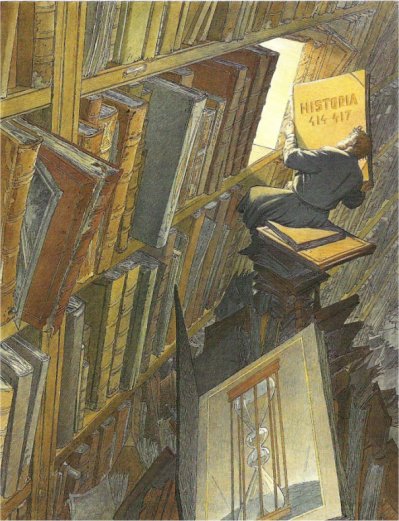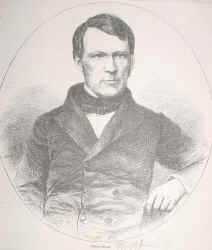

Back to the Origo Source
FRAVIA'S REAL LASTING CONTRIBUTIONS: THE ORIGO
ORIGO GENTIS LANGOBARDORUM, by Georg Waitz, MGH, SSrrLang, Hannover 1878
Part of the Origo Project ~ Courtesy of http://www.searchlores.org
Project started in January 2005, updated in June 2006